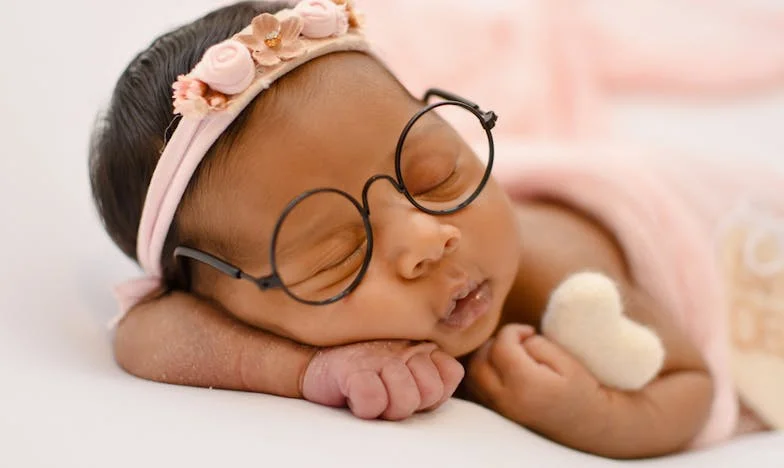When Love Crosses the Line: My Story with Emily
“Michael, you can’t be serious,” my mother’s voice trembled as she stared at me across the dinner table, her fork suspended in midair. The roast beef was getting cold between us, but the tension in the room was burning hot. I didn’t look away. “Mom, I love her. Emily means everything to me.”
My father slammed his glass down a little too hard. “This isn’t about love, son. It’s about reality. Do you know what people will say?”
I wanted to shout, to scream that I didn’t care what people would say, but the words caught in my throat. Emily and I had met at college in Boston, both of us eager, awkward freshmen from opposite ends of the country. She grew up in a wealthy suburb outside San Francisco, her parents the kind who host charity galas and vacation in Europe. I was from a small, blue-collar town in Ohio where Friday night football was the only excitement for miles. We met at a volunteer event, and I never believed in love at first sight until I saw her smile at me across a table of canned goods.
From the start, we knew we were different. I’d never heard of brie until Emily brought it to a picnic in the park; she’d never tasted root beer until I made her try one at a baseball game. Our differences made everything new and thrilling. But as the months went by, the reality of our worlds started to close in on us. Emily’s parents sent her texts full of thinly veiled warnings about “dating someone with your background.” My mom would sigh and tell me, “You need someone who understands where you come from. Who knows what it’s like to struggle.”
I remember the first time Emily came home with me for Thanksgiving. My little sister, Abby, adored her instantly and dragged her out to help with the pies, but my dad just grunted a hello. After dinner, he cornered me in the garage. “She’s nice,” he admitted, “but you two don’t belong together. I’m just trying to protect you.”
“From what?” I snapped. “From being happy?”
He shook his head, defeated. “From being hurt, Michael. Those people… they don’t see us as equals.”
It wasn’t much better when I met Emily’s parents at their sprawling house with a backyard bigger than my entire block. Her mother, delicate and reserved, spent the whole dinner asking about my major and my future plans, her smile never quite reaching her eyes. Her father barely spoke to me at all, except to say, “So, Michael, what exactly do your parents do?”
Emily squeezed my hand under the table so hard it almost hurt. On the car ride home, she whispered, “I’m sorry. They just don’t get it. But I love you. That’s all that matters, right?”
I wanted to believe her. For a while, we did. We built a little world for ourselves: late-night study sessions, weekends exploring the city, whispered plans about moving to New York after graduation. But the outside world kept seeping in. When I lost my summer internship because I couldn’t afford to work for free, Emily offered to pay my rent. I refused, and we fought for hours. She called me proud; I called her privileged. We both cried.
“Why is this so hard?” she sobbed one night, her cheeks wet against my chest.
I didn’t have an answer. It was the little things—her friends’ sideways glances when I showed up to her birthday party in a shirt that was a little too faded, my buddies back home teasing me for dating someone “out of my league.” It was her parents’ constant questions about my career, and my parents’ silent disappointment every time I mentioned her name.
We tried to ignore it, to tell ourselves love was enough. But the pressure built, day by day, until it felt like we were carrying the weight of both our families on our backs.
The worst moment came the night before graduation. Emily’s parents invited both our families to dinner at a fancy restaurant downtown. I wore my best suit, but I still felt out of place among the polished silverware and whispered conversations. My mother looked miserable, my father silent. Abby tried to chat with Emily’s little brother, but he barely glanced up from his phone.
Halfway through the main course, Emily’s father cleared his throat. “Emily,” he said, “your mother and I want what’s best for you. We just hope you’re thinking seriously about your future.”
Emily’s voice shook. “Dad, I love Michael. We want to be together.”
My dad muttered under his breath, “This is a mistake.”
Everyone started talking at once. Accusations, worries, old resentments, and new fears all came pouring out until Emily grabbed my hand and pulled me outside into the chilly night.
She looked up at me, her eyes brimming with tears. “Michael, I can’t keep fighting everyone. I want to be with you, but I don’t know if I’m strong enough.”
I felt something crack inside me. “I love you, Em. But maybe love isn’t enough.”
We stood there in the cold, fingers intertwined, both of us too scared to let go but too exhausted to keep holding on. When we finally said goodbye, it felt like the end of the world.
It’s been three years since that night. Emily moved to New York, and I stayed in Ohio. We text sometimes, sharing news, old jokes, the occasional memory. I still wonder if we made the right choice, or if we let the world win.
Maybe love can’t conquer everything. Or maybe we just weren’t brave enough to find out. Would you have fought harder? Or is there a point where loving someone means knowing when to let go?
